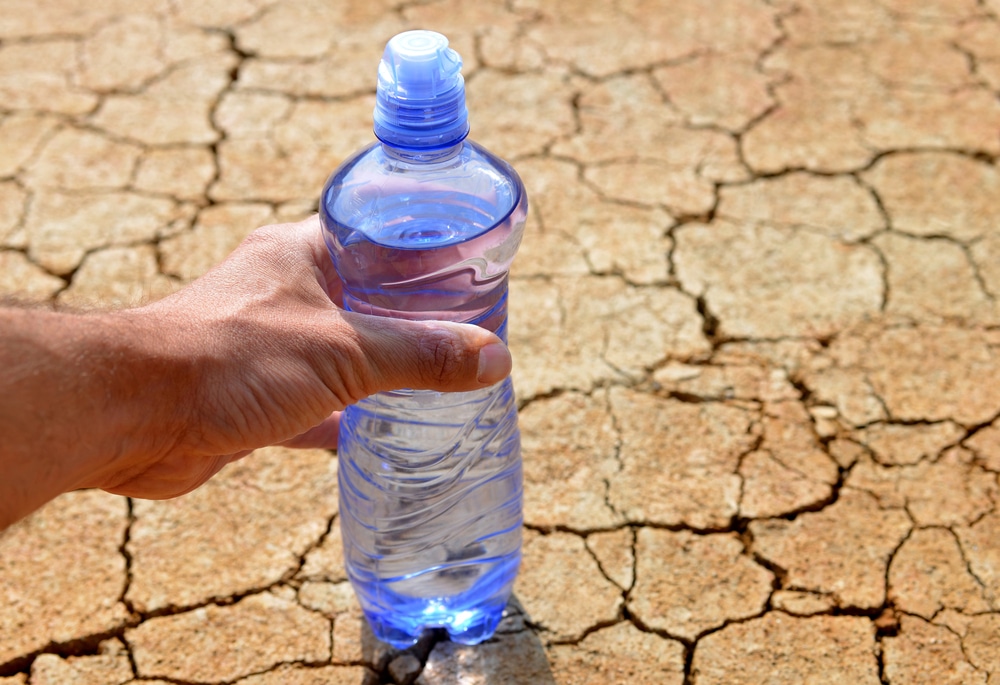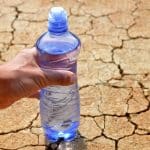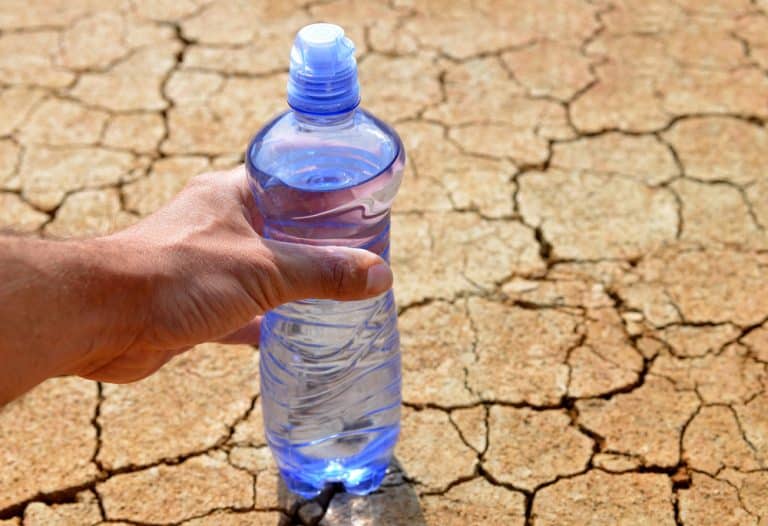
1. Ignoring Thirst Signals
Your body’s thirst response is an intelligent built-in mechanism, yet many people suppress or overlook it. Ignoring thirst is one of the most common hydration habits that leads to fatigue, headaches, and decreased focus. When you delay drinking water until you feel extremely thirsty, your body is already mildly dehydrated. Over time, this can strain your kidneys and cardiovascular system.
It’s essential to listen to early signs—like dry mouth, dizziness, or muscle cramps. Instead of forcing a strict schedule, aim for consistent awareness. Keep water within reach throughout the day and hydrate before you feel thirsty.
2. Overhydration: Drinking Excessive Water
While hydration is vital, overhydration or water intoxication can be dangerous. This condition, known as hyponatremia, dilutes sodium levels in the blood. Symptoms include nausea, confusion, and in severe cases, seizures.
Many people fall into the misconception that “more is better.” However, the right amount of water varies depending on age, climate, activity level, and diet. Drinking too much, too quickly, overwhelms your kidneys and can cause electrolyte imbalances.
A better approach is mindful hydration—drink when you’re thirsty and let your body’s cues guide you. Balance your water intake with electrolyte-rich foods like fruits and vegetables.
3. Relying on Sugary Beverages
Soft drinks, energy drinks, and flavored waters might seem refreshing, but they’re often loaded with sugar, caffeine, and additives. These substances act as diuretics, causing you to lose more water through urination.
Replacing water with soda or processed juices promotes dehydration and weight gain. Even sports drinks, often marketed as hydrating, can contain more sugar than beneficial minerals.
A sustainable strategy is to prioritize pure water. If you crave flavor, add slices of lemon, cucumber, or mint to make hydration more appealing without sabotaging your health goals.
4. Skipping Water Before and After Exercise
Many underestimate how much fluid they lose through sweat. Exercising without proper hydration decreases endurance, increases body temperature, and affects muscle function.
Skipping pre- and post-workout hydration is one of the worst hydration habits athletes and fitness enthusiasts can adopt. Before exercising, drink at least one glass of water to prime your muscles and joints. Afterward, rehydrate gradually rather than gulping large amounts.
For moderate workouts, water is sufficient. Only prolonged, high-intensity sessions may require additional electrolytes from natural sources like coconut water or fruits.
5. Neglecting Hydration During Cold Weather
People often associate hydration with summer, but cold environments can be equally dehydrating. During winter, you might not feel thirsty due to lower body temperature, but dehydration still occurs through respiration and dry indoor air.
These overlooked hydration habits reduce immune resilience and skin elasticity. Cold air also causes blood vessels to constrict, making it harder for your body to circulate water effectively.
To counter this, sip warm water or herbal tea throughout the day. Humidifiers can also help maintain indoor moisture levels, preventing dehydration-related fatigue and dry skin.
6. Drinking Water Too Quickly
Many people drink large amounts of water at once, thinking it’s efficient. However, this overwhelms the stomach and reduces nutrient absorption. Rapid water intake can cause bloating, discomfort, and an unnecessary burden on your kidneys.
One of the most underestimated hydration habits is how you drink, not just how much. The goal should be steady, paced hydration—small sips throughout the day help your body absorb water efficiently.
Pair hydration with mindful breathing or short breaks, especially during work hours. This not only improves absorption but also provides a brief mental reset.
7. Forgetting to Hydrate First Thing in the Morning
After 6–8 hours of sleep, your body wakes up naturally dehydrated. Ignoring morning hydration slows digestion, reduces alertness, and affects mood. Many people immediately reach for coffee, which further dehydrates the body.
Replacing that first cup with water helps flush out toxins and jumpstart metabolism. It’s one of the simplest yet most neglected hydration habits. A glass of lukewarm water with a pinch of lemon can support digestion and awaken your system more effectively than caffeine.
Making this a daily ritual can transform energy levels, skin clarity, and overall health over time.
The Science Behind Proper Hydration
Hydration impacts every cell in the body—from oxygen delivery to joint lubrication. Studies show even mild dehydration (1–2% body fluid loss) can reduce cognitive performance and mood.
The hydration habits you maintain determine your long-term well-being. Water is not just a thirst quencher—it’s a transport medium for nutrients, temperature regulation, and waste elimination.
Research published in the National Library of Medicine highlights that chronic dehydration is linked to urinary tract infections, kidney stones, and impaired cardiovascular health.
Reference: National Center for Biotechnology Information (NCBI) – Hydration Research
Hydration and Mental Clarity
Your brain is composed of approximately 75% water. Even slight dehydration affects memory, attention, and mood. Poor hydration habits lead to brain fog and reduced productivity.
Hydration supports neurotransmitter balance and cerebral blood flow. When you’re dehydrated, your brain must work harder to perform simple tasks.
One study revealed that proper hydration improves alertness, especially in adults and older individuals. Therefore, keeping a water bottle nearby during work or study sessions is a simple yet powerful cognitive enhancer.
Creating Sustainable Hydration Habits
Breaking bad hydration habits doesn’t require extreme discipline—it starts with small, consistent changes:
-
Carry a reusable water bottle and track your daily intake.
-
Replace one sugary drink per day with water or herbal tea.
-
Drink a glass of water before meals to aid digestion.
-
Hydrate before bedtime and after waking up.
Consistency transforms hydration from a chore into a lifestyle. The goal is balance—neither neglecting water intake nor overindulging in excessive consumption.
Conclusion
Bad hydration habits often sneak into daily routines without notice, yet their cumulative effects are profound. From ignoring thirst to relying on sugary beverages, these behaviors quietly erode energy, focus, and overall health.
Proper hydration is not about volume—it’s about timing, quality, and awareness. When you understand how water supports every system of your body, you’ll treat hydration as a cornerstone of well-being rather than an afterthought.
By eliminating these 7 harmful hydration habits, you’ll feel more energized, think more clearly, and build a foundation for lasting health.
Reference
Related Posts
- 7 Harmful Hydration Habits That Sabotage Your Health
- Clean Eating: 5 Effective Steps for Lasting Health
- Mindful Eating: 7 Powerful Habits to Transform Your Relationship with Food








